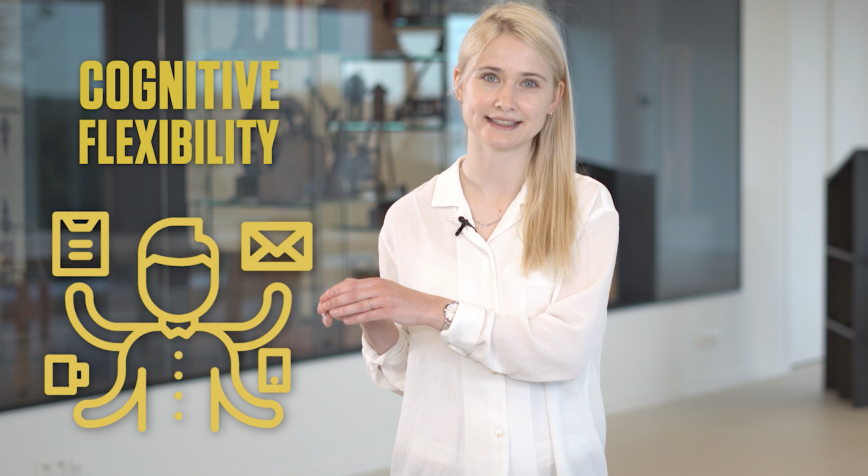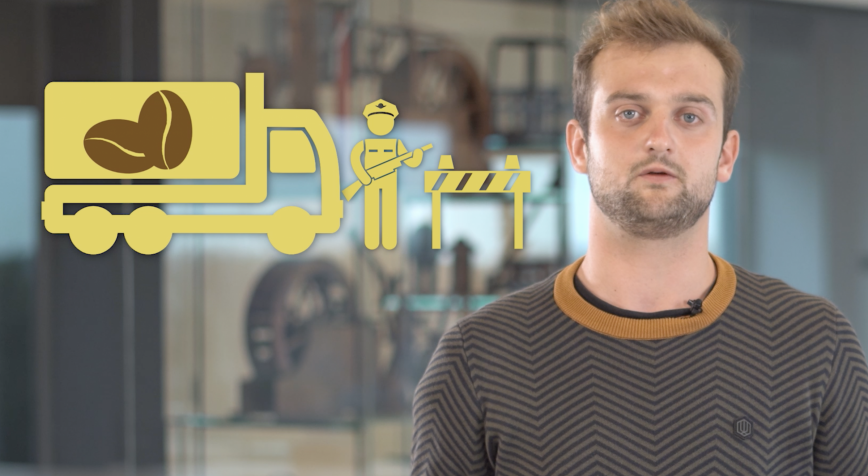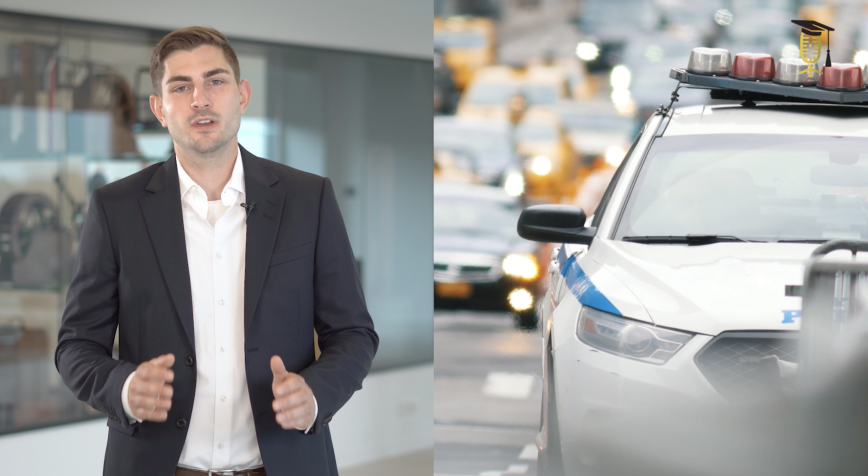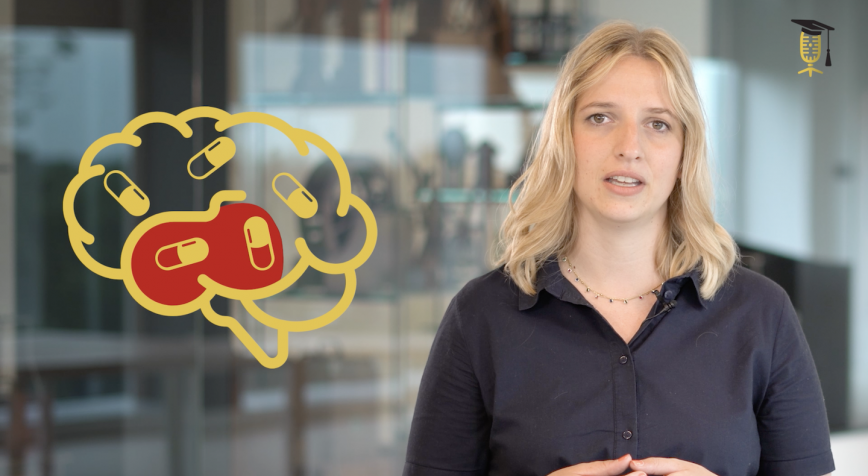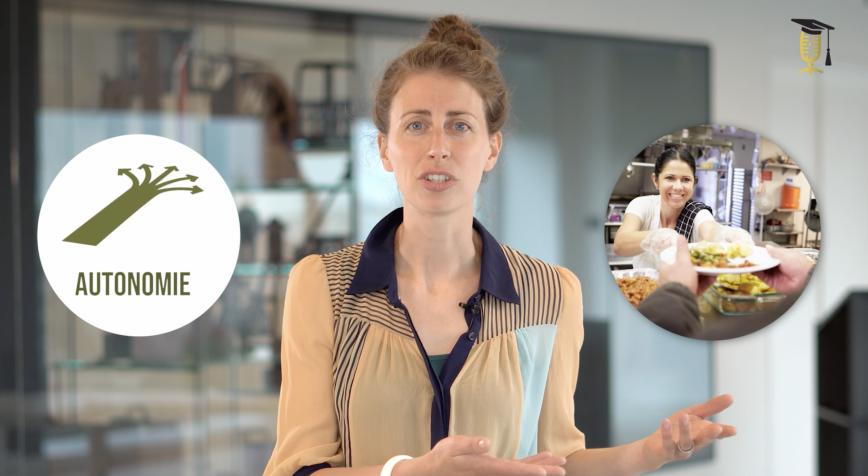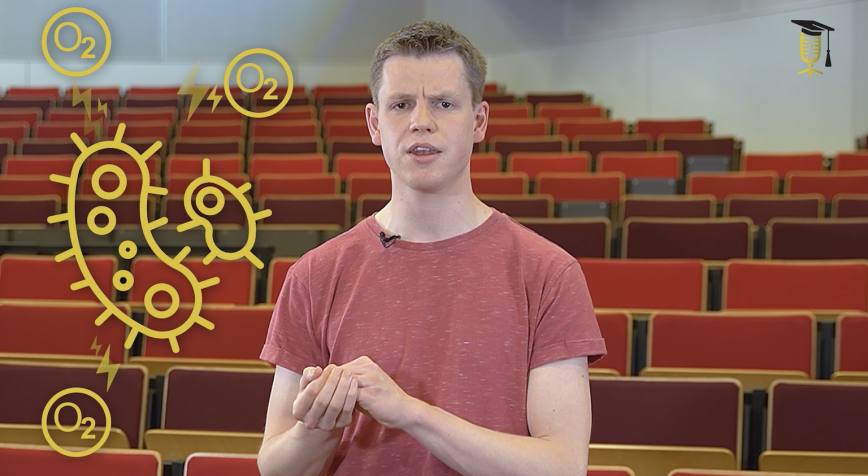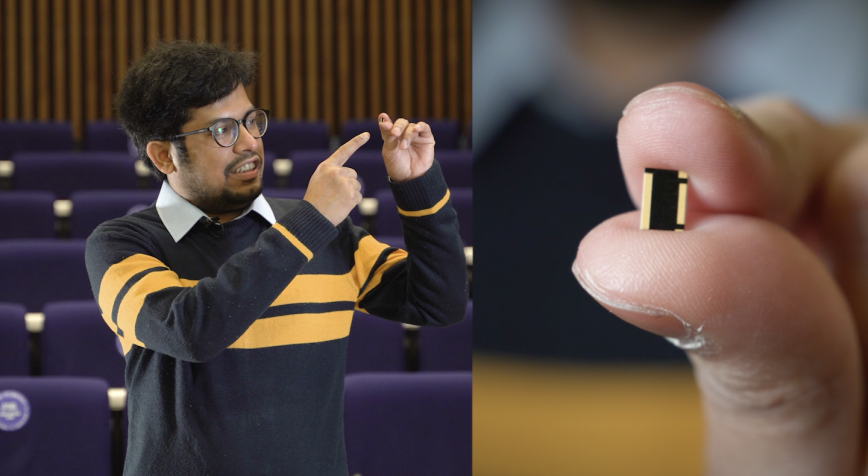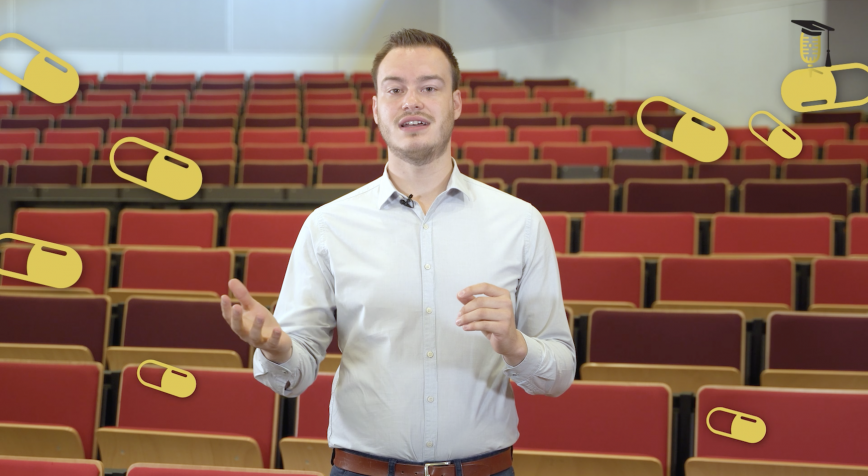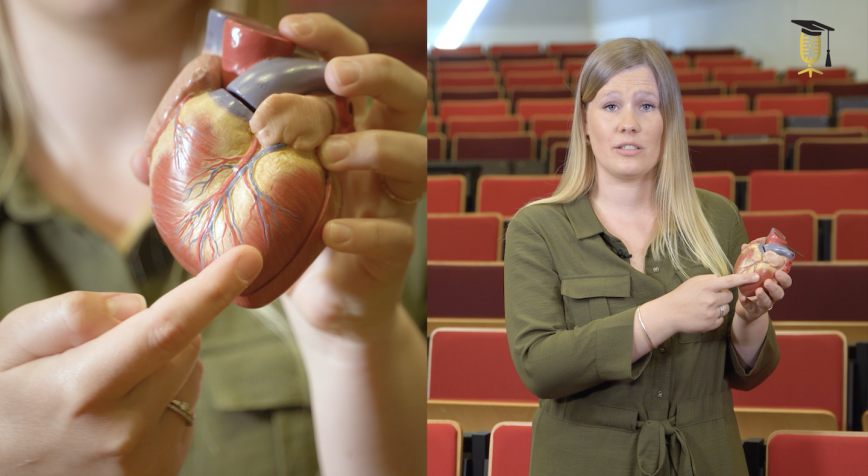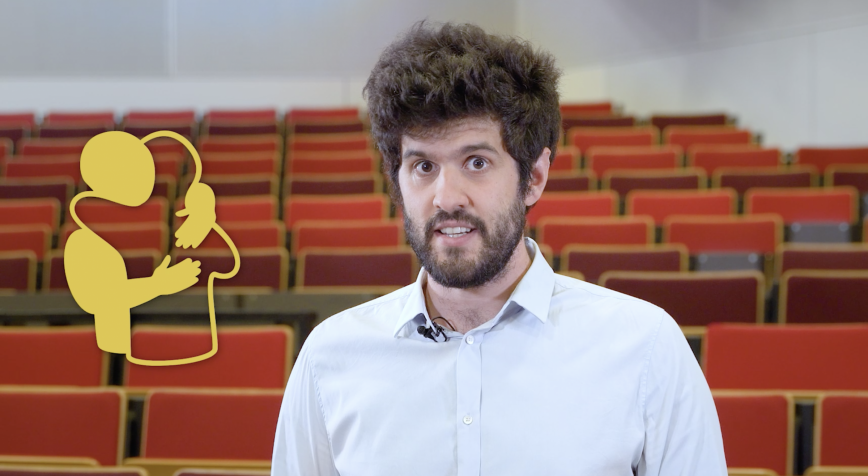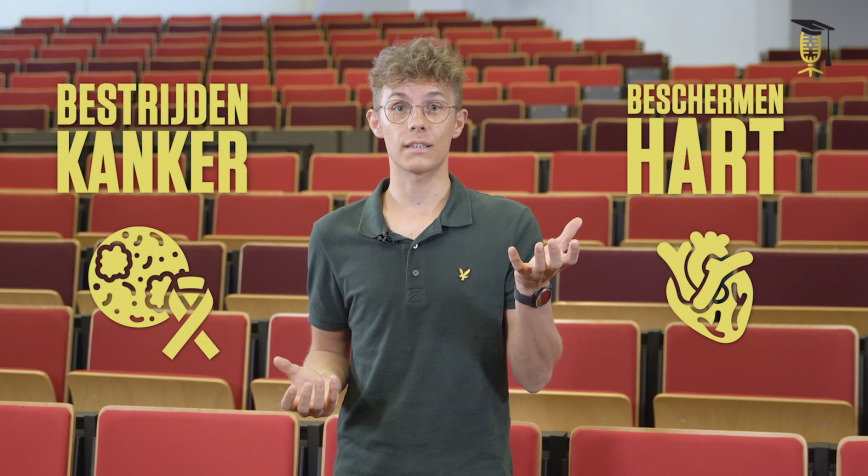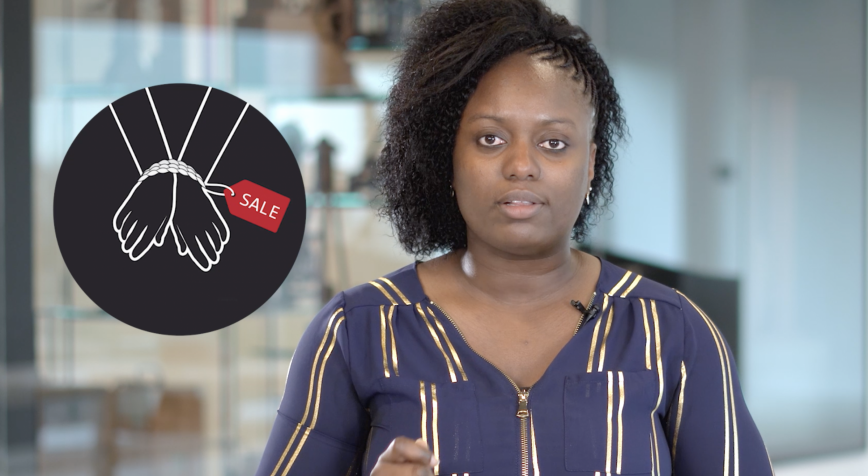
UGent
Human trafficking and the wellbeing of victims
"Human trafficking is, simply put, a trade in persons. People are the commodity and it's one of the fastest-growing forms of illegal trade in the world." Sarah Adeyinka's research focuses on the wellbeing of victims of human trafficking: what experiences did they have along the way? Where are they now? And how did they cope and still cope with these experiences of trauma?
